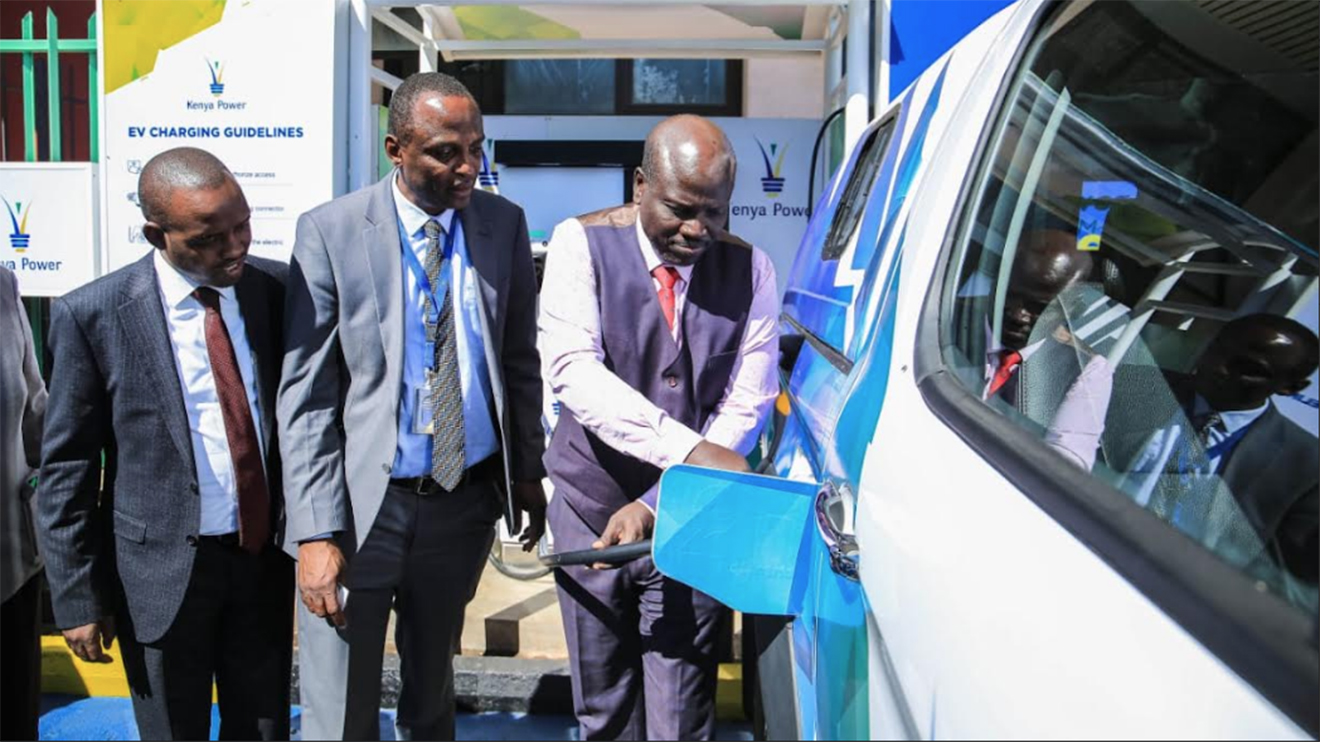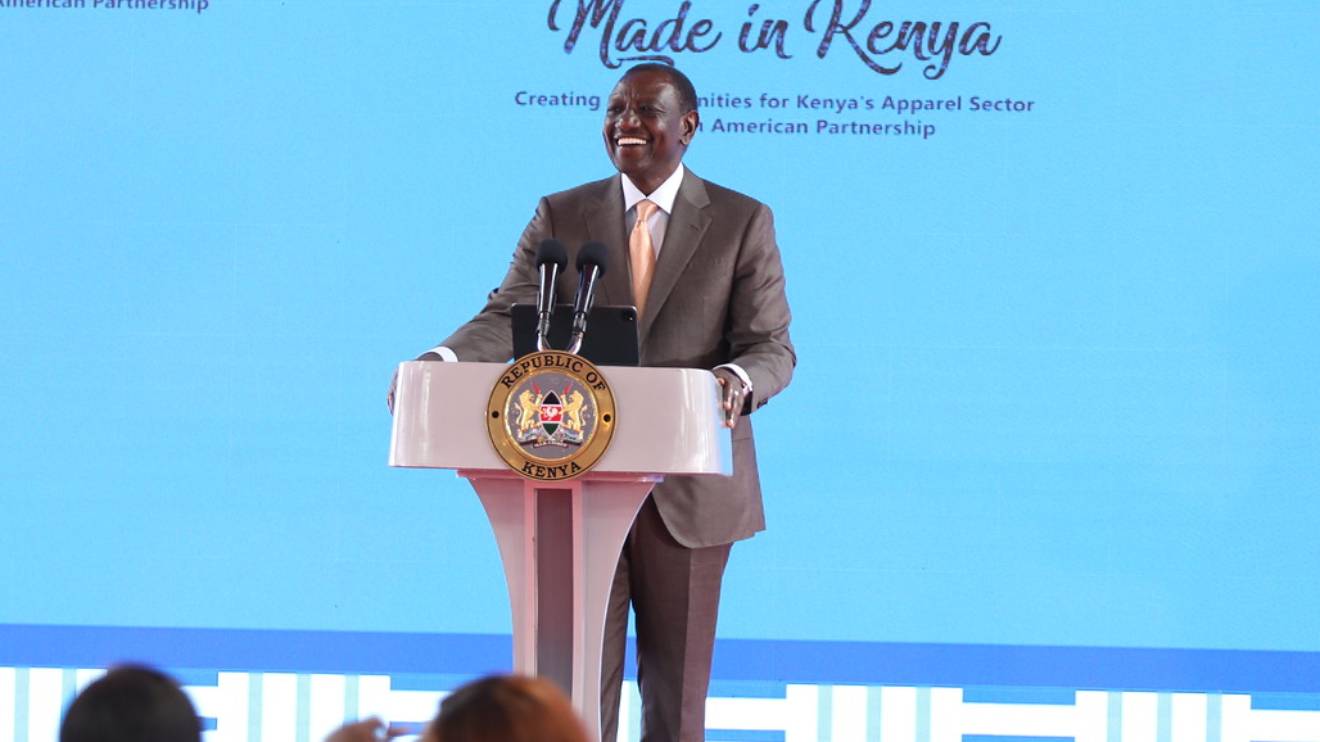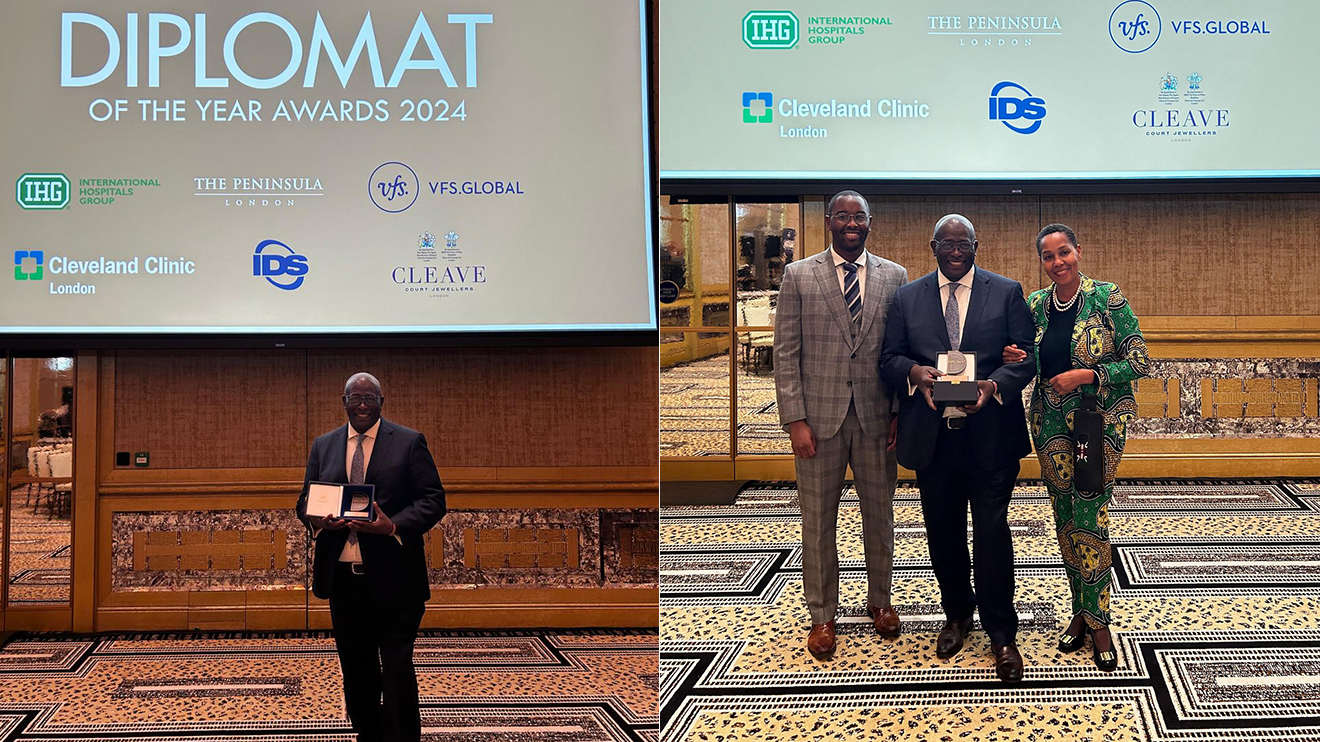The International Chamber of Commerce - Kenya chapter (ICC-Kenya) on Friday hosted the second edition of the International Conference on Arbitration and Alternative Dispute Resolution (ADR) in Nairobi.
The conference focused on new arbitration trends in Africa and brought together policy makers and other significant ADR stakeholders in the public and private sectors in Kenya.
ICC-Kenya noted that the Kenyan market was ripe for takeoff based on a surge in global trade and investments in Kenya and the larger East African region.
The chamber argues that increased business innovation, government spending on key infrastructure projects, and new markets and industries springing up have seen increased cases of ADR and arbitration replacing the costlier litigation to settle disputes.
"In addition to sensitizing the private sector on ADR, its opportunities and advantages, this year's conference also sets the stage for Kenyan ADR and arbitration practitioners to engage directly with the International Court of Arbitration and progress towards their professionalization in international ADR practice”, said Aleem Visram, Chairperson, ICC-Kenya’s Commission on ADR and Arbitration.
Read More
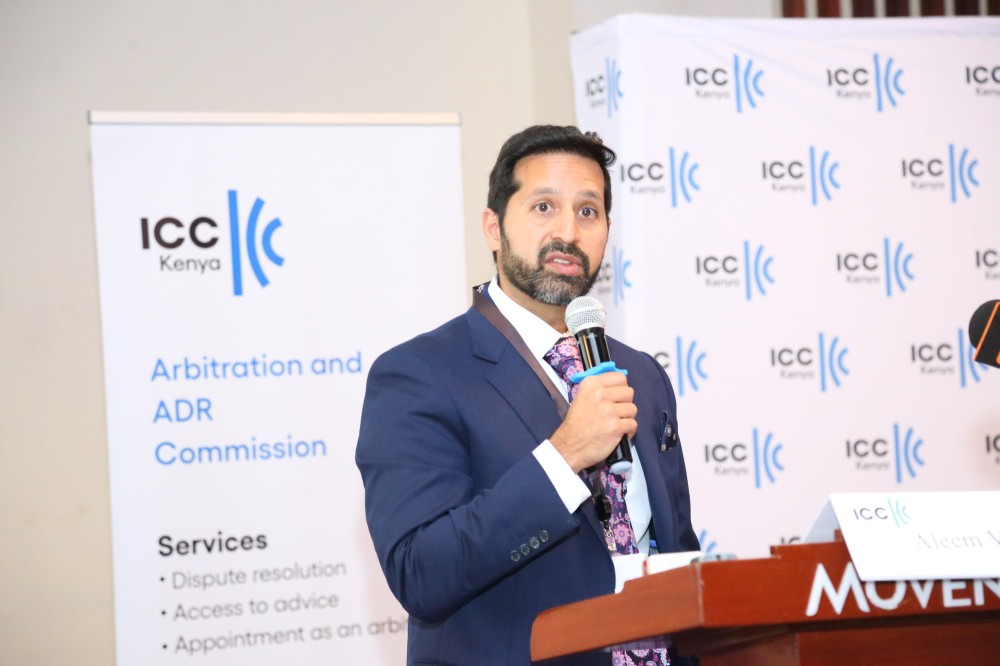
Visram says ICC-Kenya is pushing for training of more local practitioners on emerging sectors like blockchain-driven online trade including digital contracts, traded digital assets like cryptocurrencies and Non-Fungible Token assets (NFTs).
Diamana Diawara, the ICC Arbitration and ADR Director for Africa, in her keynote address, noted that arbitration and mediation cases in Africa grew by 13 per cent and 166 per cent respectively in the period between 2020 and 2021.
“In 2020, African States represented 40 per cent of African parties involved in ICC arbitrations. In 2021 the figure rose to 50 percent and since 2022 we have deployed a series of training to provide a robust legal platform for users while consolidating the ADR client base in the continent”, Diawara said.
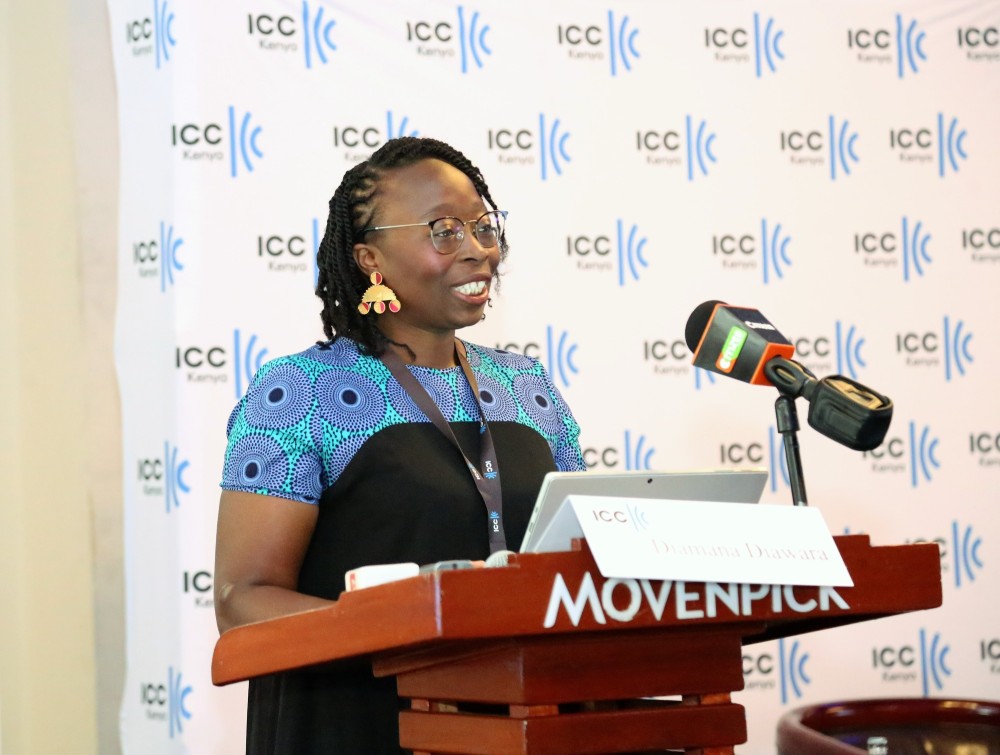
Prof Githu Muigai, Senior Partner at Mohammed Muigai LLP and a Chartered Arbitrator, called for independence of ADR practitioners and better self-regulation of the African ADR market.
“We need to be careful not to be an exporter of disputes that can be adequately dealt with locally by ensuring we systematically introduce standards to manage instances of rogue practitioners,” said Prof Muigai.
He added: “We also need to be aware of the aspect of third-party funding as far as compensation and recoveries are instituted to ensure ADR can adapt locally and remain relevant as an option.”
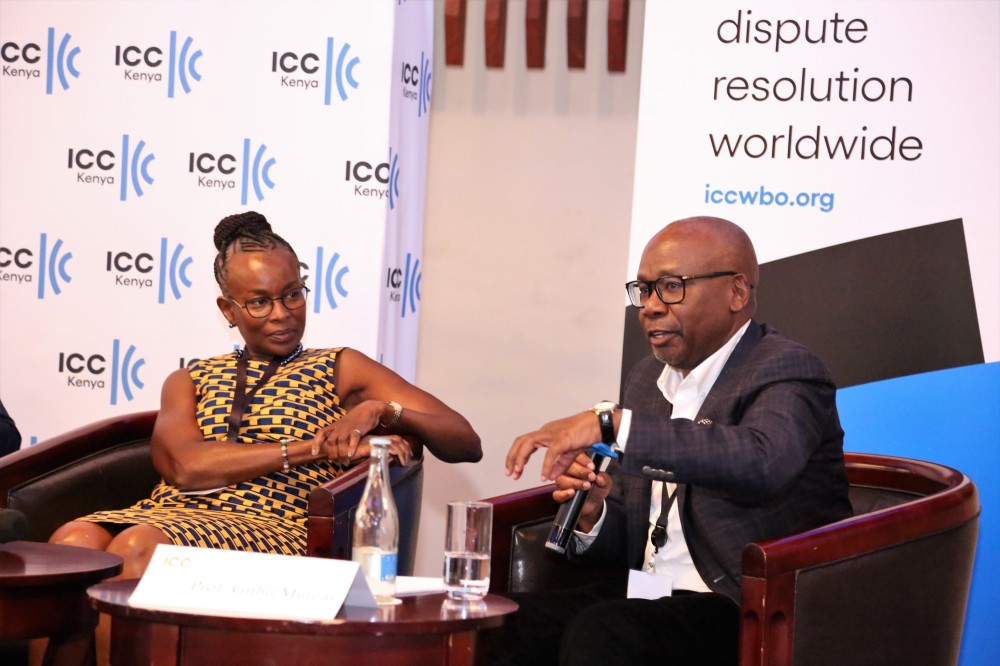
He says ADR growth in Kenya is due to increased interest from young lawyers, participation of regional institutions and academia and Kenyan Judiciary backing local ADR mechanisms with Kenya’s Ndanga Kamau currently International Court of Arbitration Vice President.
“We are currently developing an industry database of arbitrators in a standards setting process that will guide future arbitration in the country and Africa while also easing international access to local arbitrators through the International Chamber of Commerce”, added Patrick Obath, Chairperson, ICC-Kenya.
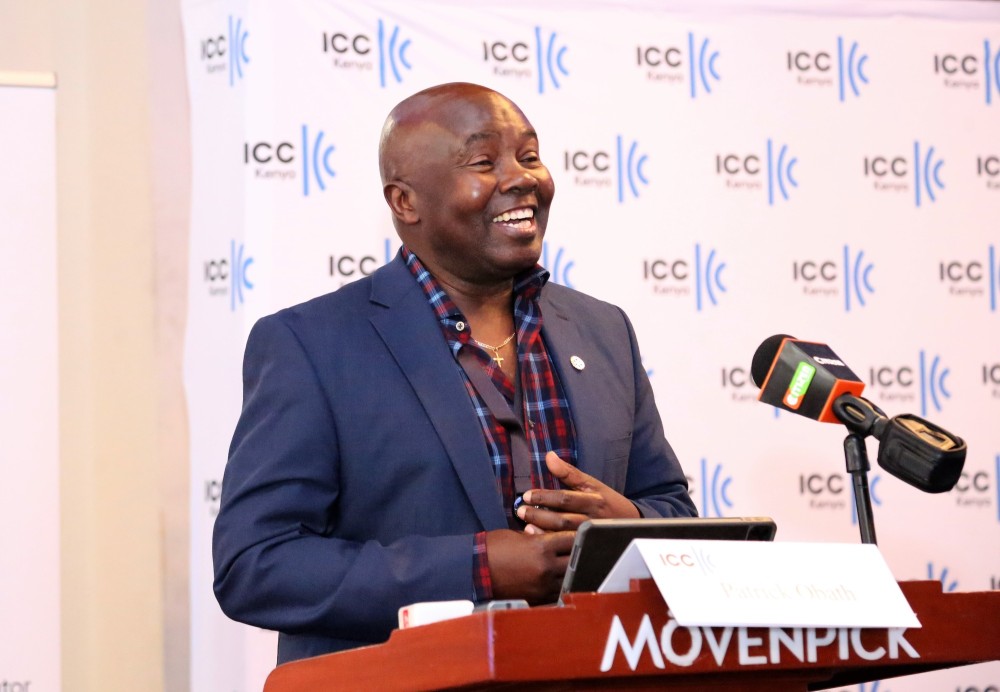
Obath added that ICC Kenya was working with the Chartered Institute of Arbitrators (CIArb Kenya), and Nairobi Centre for International Arbitration (NCIA) to formulate programs to educate the private sector on alternative dispute resolution together with the Kenya Private Sector Alliance (KEPSA).

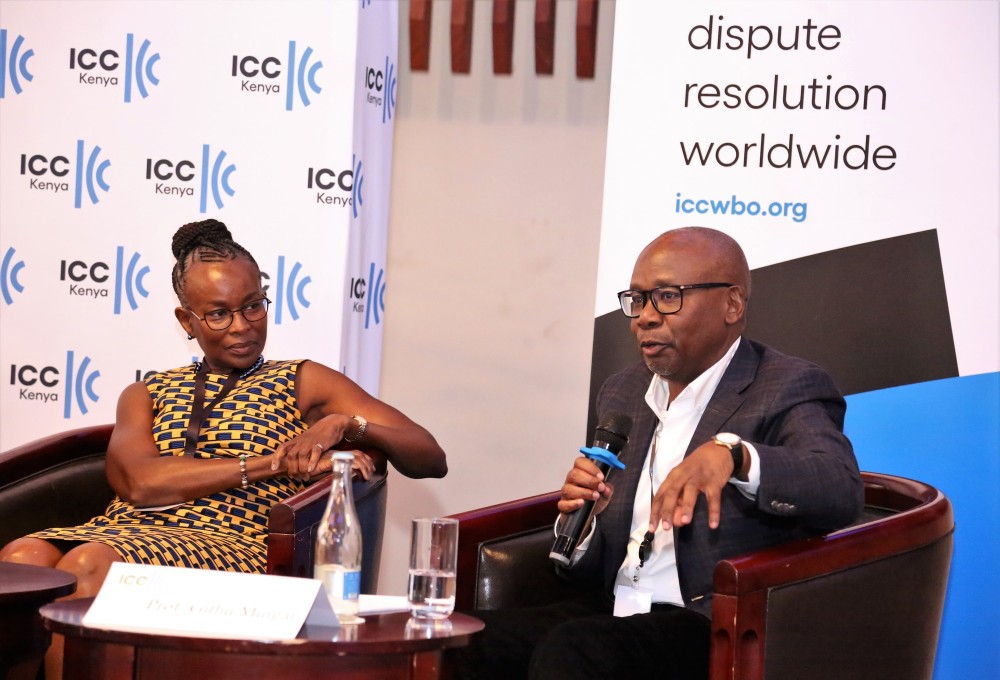

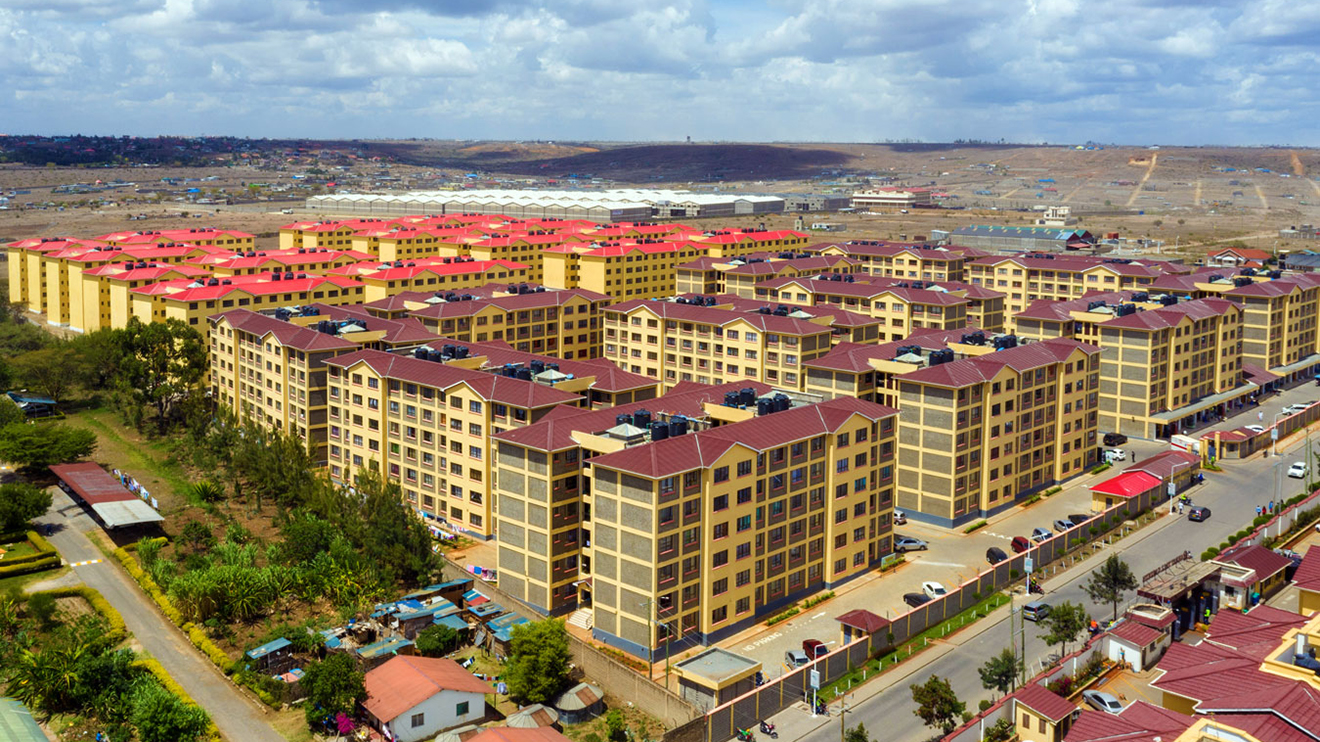
-1713985974.jpg)
